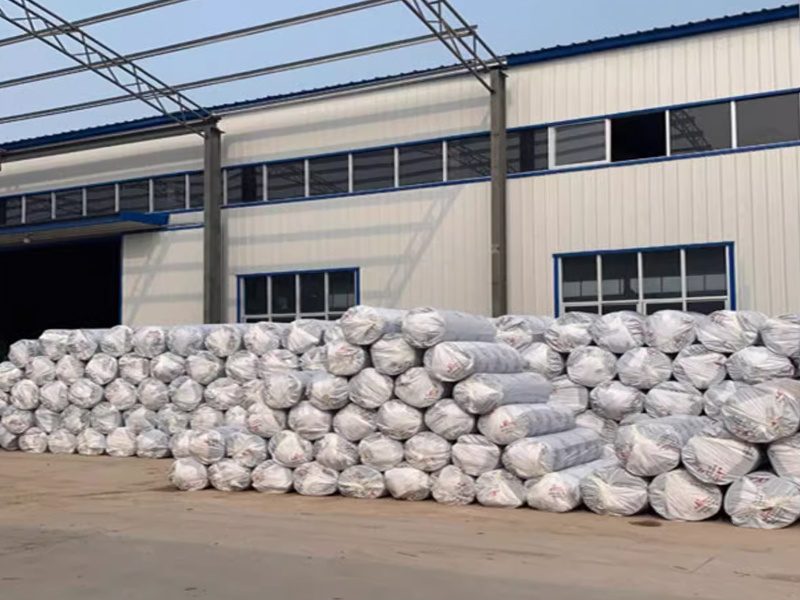Decoding the Automotive Sound Insulation Series: Common Questions Unraveled
Sep 01,2025
Understanding Automotive Sound Insulation
Ever wondered why some cars feel like a peaceful sanctuary while others sound like they're at a rock concert? Welcome to the world of aautomotive sound insulation series! This series dives deep into the various materials and techniques designed to block out unwanted noise, ensuring a smoother ride.
What is Automotive Sound Insulation?
At its core, automotive sound insulation refers to the methods and materials used to minimize the intrusion of external noise into a vehicle's cabin. Think of it as your car's way of putting on its noise-canceling headphones. Whether it's the hum of the highway or the rattle of a truck, sound insulation works tirelessly to keep your drive serene.
Why is it Important?
Beyond just comfort, effective sound insulation can enhance safety. A quiet cabin allows drivers to hear essential sounds, like sirens or honking. Plus, it can make conversations easier and music sound better. Who wouldn't want to cruise down the road with their favorite tunes at full blast without the engine drowning them out?
Common Questions about the Automotive Sound Insulation Series
Now, let's tackle some of the burning questions surrounding this topic. After all, knowledge is power, right?
1. What Materials are Used?
Ah, the million-dollar question! The materials in the aautomotive sound insulation series can vary widely. From foam and rubber to mass-loaded vinyl and specialized mats, each material serves a unique purpose. Some are great at absorbing sound, while others excel at blocking it. Manufacturers often use a combination of these to achieve optimal results.
2. Can I Install it Myself?
While DIY enthusiasts might be tempted to take on this project, it's not as straightforward as it seems. Proper installation is crucial for effectiveness. Misaligned or poorly placed materials can lead to more noise, not less. If you're not sure, it's best to consult a professional.
3. How Do I Know if I Need More Insulation?
If your car feels like it's amplifying the world outside, it might be time for an upgrade. Signs can include excessive wind noise, engine rumbling, or vibrations that just won't quit. A little investigation into your vehicle's insulation can make a world of difference.
4. Is it Worth the Investment?
In short? Absolutely! Upgrading your sound insulation can significantly improve your driving experience. It's not just about comfort; it's about enhancing the overall value of your vehicle. Plus, quieter rides can lead to less stress—who wouldn't want that?
5. How Often Should I Replace It?
Like most things, insulation has a lifespan. Depending on the materials used and your driving habits, you might need to replace it every 5 to 10 years. Keep an eye on wear and tear, and don't hesitate to consult a professional for an assessment.
Final Thoughts
In conclusion, the aautomotive sound insulation series is a critical aspect of vehicle design that often goes unnoticed. By understanding the materials, installation, and maintenance of sound insulation, you can enhance your driving experience dramatically. So, next time you hit the road, consider what's happening behind the scenes to keep your ride as quiet as a whisper!
Contact Us









